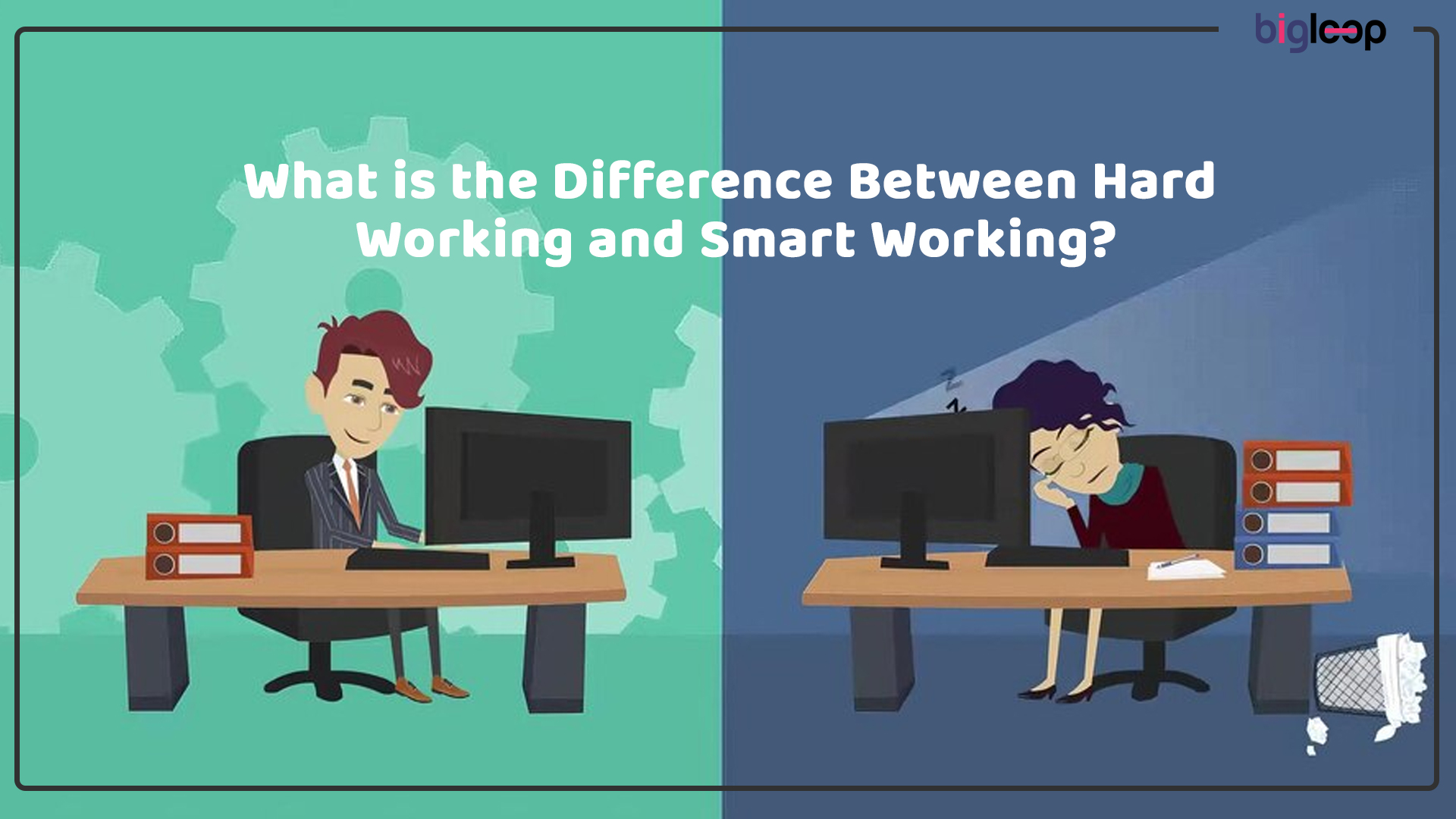What is the Difference Between Hard Working and Smart Working?

It is thus important in individual and organizational performance to understand the difference between hard and smart work. While you are at work, hard work means reporting to the-office early and working for many hours and with much energy, Smart work, on the other hand, is working smart and with much efficiency and productivity. While exploring these topics, this article also includes the examples, tips on how to pass the interview and other useful information.
Defining Hard Work
Effort here focuses on the amount of time one spends on tasks or the effort expended in tasks. It entails devotion, commitment, and zeal in the procurement of daily tasks. A hard worker has to work more than usual, extending efforts for the achievement of an objective.
- Examples of Hard Work
- Academic Pursuits: Sitting in front of the computer, doing day and night research for an assignment that is due next week.
- Professional Settings: Long working hours in an attempt to complete the project in record time.
- Personal Goals: Preparing thoroughly for a musical concert whose climax is the performance of a full-version of a single marathon song.
Defining Smart Work
On the other hand, smart work focuses on working towards the accomplishment of identified goals using proper strategies and an efficient approach. This is mostly the use of tools, technologies, and techniques in the management of an organization with a view of enhancing productivity.
Examples of Smart Work
- Academic Pursuits: Taking notes instead of reading whole texts, using study aids, and summaries of the material instead of reading books.
- Professional Settings: The most common is the use of project management software to organize tasks.
- Personal Goals: Developing a unique plan that helps get the maximum effect with the least amount of work.
Hard Work and Smart Work: The Differences
Approach to Tasks
- Hard Work: Concerned with motion or activity output.
- Smart Work: Helps in maintaining quality and speeding up the processes.
Use of Resources
- Hard Work: Based on the concept that involves the use of physical and mental work.
- Smart Work: Employs technology, professional instruments, technological solutions, and best practices approaches.
Time Management
- Hard Work: Usually entails working long and hard.
- Smart Work: Emphasizes rational and efficient use of time and prioritization.
Outcome Orientation
- Hard Work: Effort is a measure of success.
- Smart Work: Success is measured by achieving results with efficiency.
- Common Interview Question
Question: “Can smart work be considered as the right substitution for hard work?”
Answer: While hard work means providing time and effort to certain tasks and requiring extra time and effort beyond that, smart work is about achieving similar or better results through proper planning, appropriate tools, and gadgets. Hard work may be tiring, but smart work yields long-term results.
Example for an Interview
H2: Question: This question is worded as follows in the green font: ‘Can you give an example of when you once applied smart work to accomplish something?’
Answer: “I established a more efficient approach to managing multiple projects using upgraded software to track progress, reducing administrative work and improving project efficiency, which led to finishing projects 20% faster.”
Hard Work and Smart Work in Different Scenarios
- Academic Settings
Hard Work: Learners who spend long hours compiling lessons and assignments.
Smart Work: Students who take notes of important points and focus on key aspects instead of wasting time.
- Professional Environments
Hard Work: Employees working overtime to complete tasks.
Smart Work: Employees using time trade-offs and focusing on effectiveness.
- Personal Development
Hard Work: People spending long hours in the gym daily.
Smart Work: Individuals following a balanced fitness plan that includes rest and recovery phases.
Work Ethic: Balancing Hard Work and Smart Work
Both hard work and smart work are crucial in the current global economy. The key to success lies in finding a balance between the two. Hard work instills discipline, while smart work enhances effectiveness and productivity. When combined, they lead to both short-term and long-term success.
Guidelines for a Perfect Work-Life Balance
- Set Clear Goals: Outline goals that combine both diligent effort and strategic thinking.
- Prioritize Tasks: Focus on important and effective tasks, while outsourcing or automating less significant ones.
- Continuous Learning: Stay informed about the latest tools and methods that improve productivity.
- Time Management: Schedule quiet time for focused work and planning.
Conclusion
It’s crucial to distinguish between hard work and smart work. Hard work involves effort, while smart work focuses on effectiveness. Integrating both ensures optimal output, leading to success.
